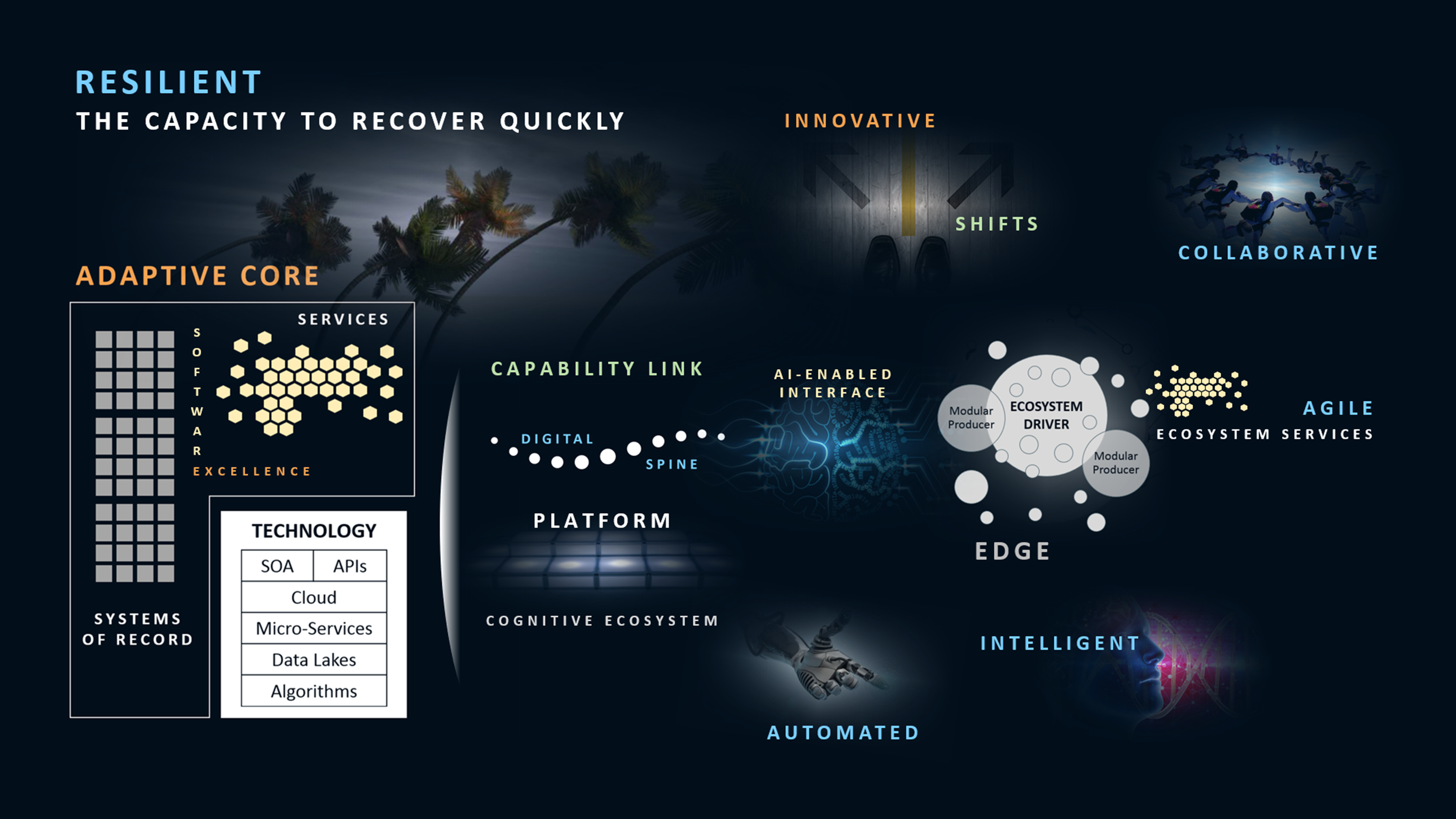Each year the Future Today Institute releases a very comprehensive trend study during SXSW. I just finished getting through this very comprehensive installment. In announcing this year’s report, Founder Amy Webb had this to say:
The cataclysmic events of the past year resulted in a significant number of new signals. As a result, we’ve analyzed nearly 500 tech and science trends across multiple industry sectors. Rather than squeezing the trends into one enormous tome as we usually do, we are instead publishing 12 separate reports with trends grouped by subject. We are including what we’ve called Book Zero, which shows how we did our work. There is also an enormous, 504-page PDF with all content grouped together as one document.
Well, Amy was not kidding, there is quite a bit to digest. The 12 separate reports referenced can be downloaded Here. As I do with each look into the future, I captured some highlights from this year’s trend study. I will start however with an important observation that Amy made in the opening of the report.
Continue reading
 The truth is that millennials are likely the generation tasked with solving this broad set of societal challenges. This recent
The truth is that millennials are likely the generation tasked with solving this broad set of societal challenges. This recent  to a company that is thriving. Their first quarter results for 2019 beat analysts’ expectations, the store’s private-label lines are exploding, and the stock price is trading at an all-time high.
to a company that is thriving. Their first quarter results for 2019 beat analysts’ expectations, the store’s private-label lines are exploding, and the stock price is trading at an all-time high. Instead, they’re analyzing how emerging ecosystems—networks of stakeholders, including business partners, suppliers, customers, and competitors that interact digitally to create value are supplanting traditional industries as the organizing construct. For example, in a mobility ecosystem, automakers no longer just make cars; they must redefine the very notion of automobile ownership and how people get around.
Instead, they’re analyzing how emerging ecosystems—networks of stakeholders, including business partners, suppliers, customers, and competitors that interact digitally to create value are supplanting traditional industries as the organizing construct. For example, in a mobility ecosystem, automakers no longer just make cars; they must redefine the very notion of automobile ownership and how people get around.
